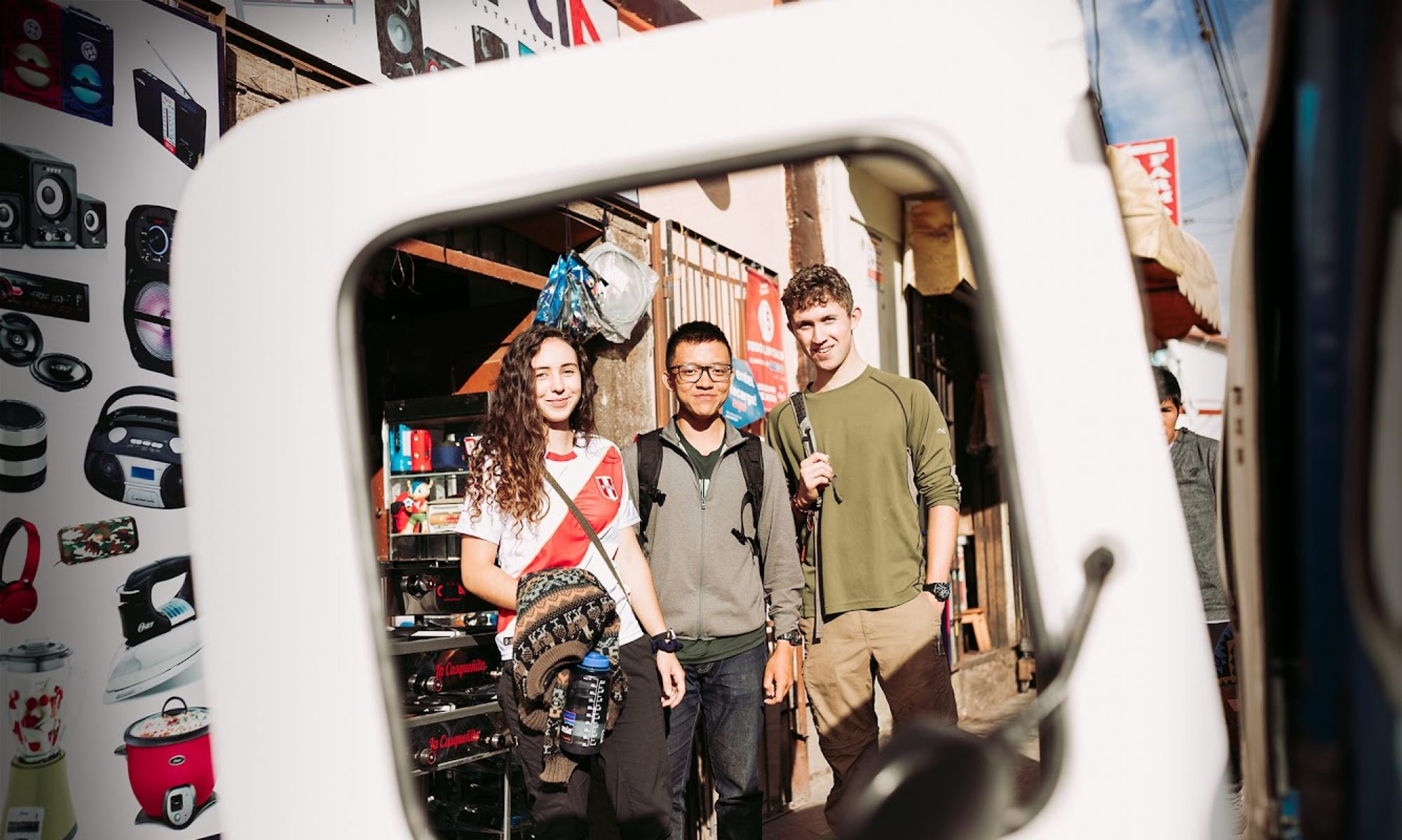By Yujie “Claire”, Tufts Civic Semester Participant

I have always had a fascination for stars. My dad, the very person who brought me into the early business of watching stars, owns a small telescope that he uses weekly till this day. Living in a compound full of apartments and not many gardens, my dad and I didn’t have many options to position the telescope in an open space; we later climbed all the way up to the top of our apartment, which is the 18th floor, and settled down our “unusual” hobby on this empty roof.
Before using the telescope, my dad would ask me to identify a few stars on a phone app called “Star Chart.” If I raise the cellphone and align its position to the direction of a star, “Star Chart” will identify its name and history. Oddly enough, Shenzhen is not known for a heavily-polluted city, but most stars are still barely visible. However, one star, located vertically above us, persists to shine at all times regardless of possible obstruction from thick clouds or thunderstorms. I later learned that this star is called “Arcturus.” “Arcturus never goes away. If you find Arcturus, you find your way of life.” My dad said.
Almost a week ago, I experienced my first chilly evening in the beautiful town of Huarán, Peru. When I left La Sala and headed toward the dining room, I looked up and was amazed to see a skyful of stars of diverse luminance and sizes. I pulled out my cellphone, installed the newest version of “Star Chart,” and raised the cellphone directly above my head. Shockingly, instead of seeing the label “Arcturus” on the star straightly on top, I found “Jupiter” claiming its rightful place.
All of a sudden, the realization that I am no longer in the northern hemisphere struck me hard to the core: Arcturus is no longer directly above me at night; instead, I set my feet onto the earth that temporarily erases its existence at that very moment. Everything is suddenly upside-down; everything is suddenly different from what I have experienced in my last 19 years in the northern hemisphere. All of a sudden, I was overwhelmed with a mixed feeling of amazement and uncertainty: How should I redefine my way of life now if Arcturus, the star that I have long kept in heart since childhood, cannot be seen or felt anymore?
My dad was partially right about his personalized theory of Arcturus, but not correct in its entirety: I once succeeded a quite fulfilling way of life, but one that may not be sustainable in the long run. Arcturus once filled my childhood with unforgettable memories, but I have already started a new phase of life as an adult. Maybe this is why Jupiter has emerged to replace Arcturus; maybe this is what coming to Peru, a country in the southern hemisphere, is all about: the exploration of a sustainable and exciting way of life under the guidance of a new cosmic power. Keeping that Arcturus part of me as an invaluable documentation of my past, I look forward to seeing how the future three months will change the course of my life and instill me with a new sense of purpose.
Originally posted here.











